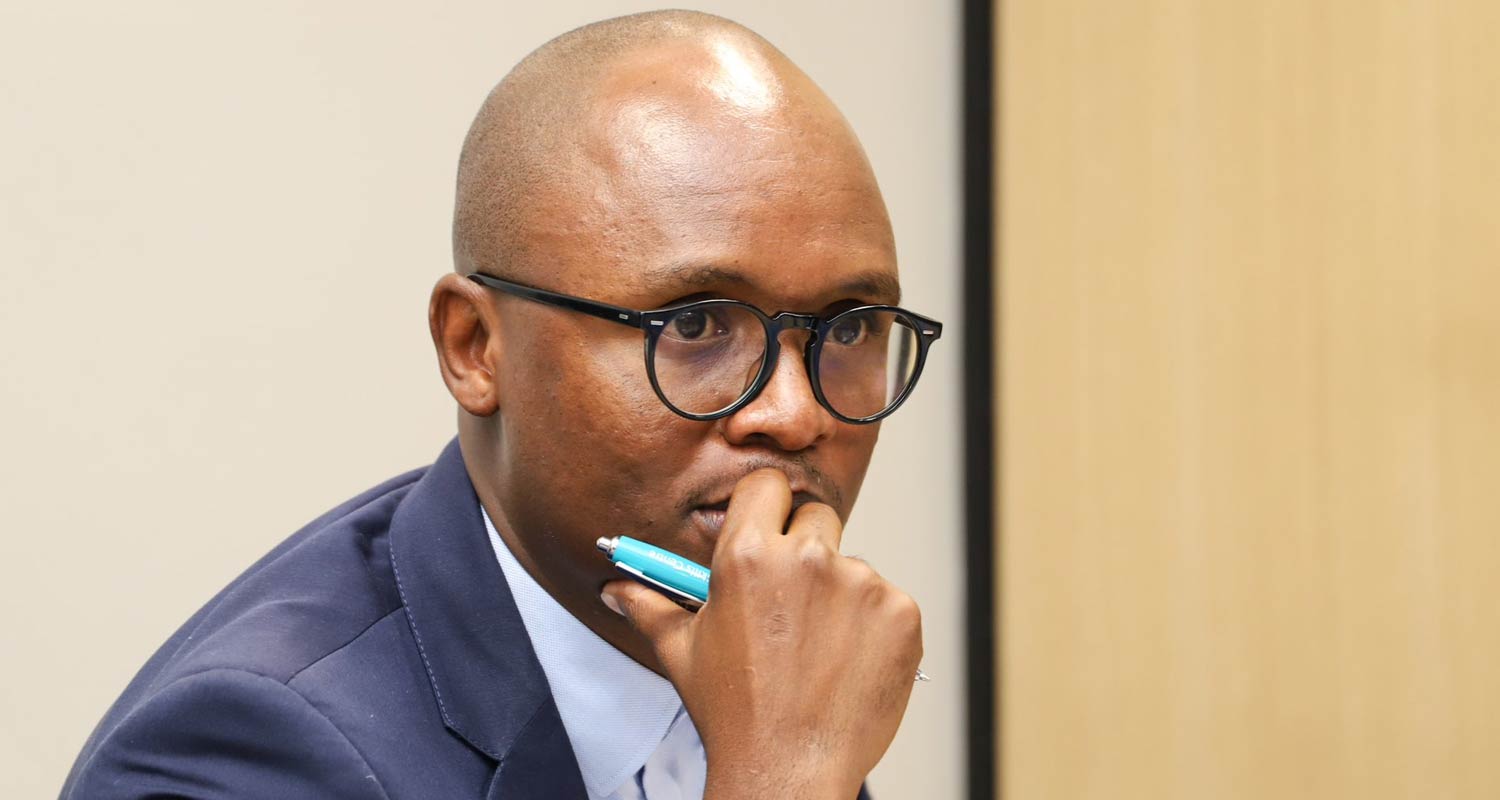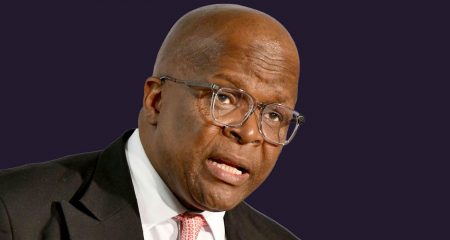
Communications minister Solly Malatsi plans to meet with national treasury to discuss the removal of smartphones, and particularly 4G devices, from the “luxury goods” classification which affects taxation on imports.
Additional taxes – over and above VAT and regular import duties – are imposed on smartphones because they are viewed by treasury as a luxury.
The resulting additional taxes make them more expensive for consumers. But Malatsi has argued that smartphones are instead a necessity without which citizens cannot participate in an increasingly digital economy.
“In order for you to enjoy connectivity, you must have access and [for access] you have to have a smartphone in this day and age,” Malatsi told eMedia-owned television broadcaster eNCA in an interview on Thursday ahead of the opening of parliament.
“Smartphones carry an additional cost as a result of the additional taxes [imposed on them]. We will be engaging with treasury along the view that cellphones, even smartphones, have become a necessity rather than a luxury,” he said.
South Africa is not the only country in Africa that imposes high taxes on handsets. Many governments in sub-Saharan Africa rely on the income these taxes provide to deliver public services.
“What they don’t see is that if they let the devices in, then there will be more revenue generated from the economic activity and that can then be taxed,” Steven Barnwell, managing executive for networks at Vodacom Group, told TechCentral in a November 2023 interview.
Transition
Device affordability also plays a role in how quickly – or slowly – South Africa will make the transition away from legacy technologies such as 2G and 3G. In May, the communications ministry set a 31 December 2027 deadline for mobile operators to switch off their legacy networks.
Industry lobby group the Association for Comms & Technology – which represents the mobile operators – will also be engaging with treasury on the classification of smartphones as a luxury good in an effort to better manage the switch-off of 2G and 3G networks.
“Right now, 2G phones are the cheapest handsets; you can even get one for R150 – if not less. But the cheapest 4G handset, if it’s not on special, starts at just above R1 000. If you think of our unemployment rate and the people that rely on social grants, there is no way they can afford that,” said ACT CEO Nomvuyiso Batyi. — (c) 2024 NewsCentral Media




